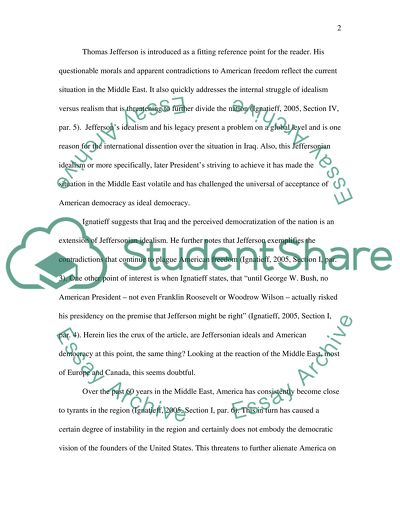Cite this document
(“Foreign Policy Essay Example | Topics and Well Written Essays - 1000 words - 1”, n.d.)
Retrieved from https://studentshare.org/politics/1502517-foreign-policy
Retrieved from https://studentshare.org/politics/1502517-foreign-policy
(Foreign Policy Essay Example | Topics and Well Written Essays - 1000 Words - 1)
https://studentshare.org/politics/1502517-foreign-policy.
https://studentshare.org/politics/1502517-foreign-policy.
“Foreign Policy Essay Example | Topics and Well Written Essays - 1000 Words - 1”, n.d. https://studentshare.org/politics/1502517-foreign-policy.


